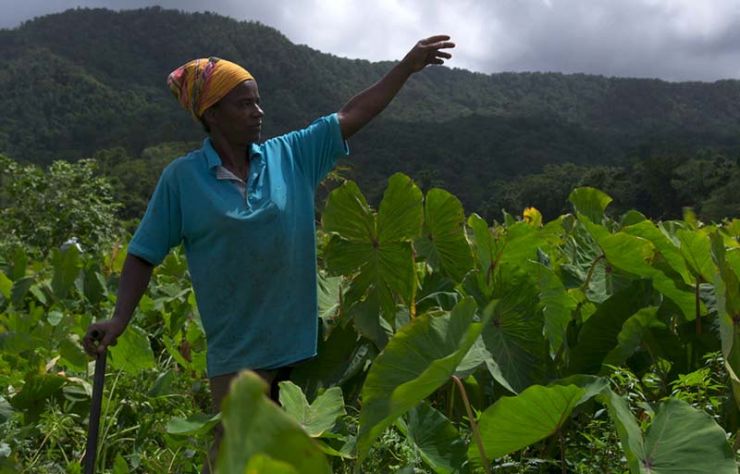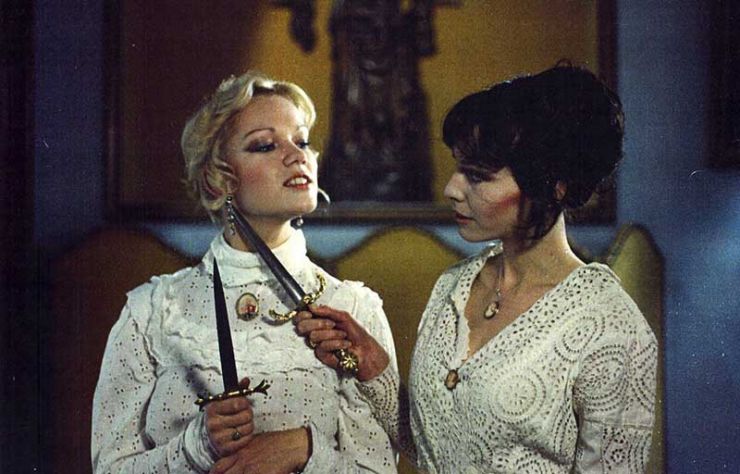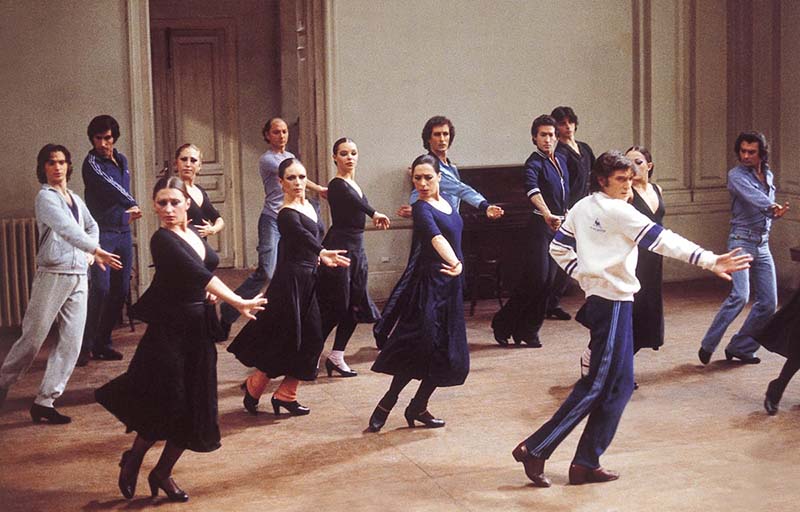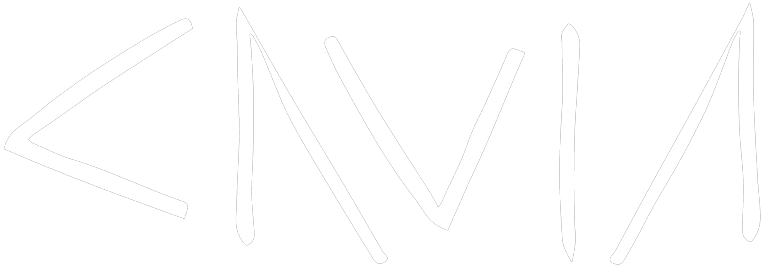December
NL We houden ons aan de regels zoals gesteld door het RIVM en er kunnen maar 15 gasten per vertoning aanwezig zijn. Het is niet mogelijk om te reserveren per email. Je kunt vanaf een uur voor aanvang van de film een kaartje kopen aan de bar. Houd er bij ons rekening mee om op 1,5 meter afstand van anderen te blijven. We vertrouwen erop dat iedereen verantwoordelijk is voor hun gezondheids- en hygiënecontrole.
EN We abide by the rules as set by the RIVM and we will have only 15 guests per screening. It's not possible to make reservations by email. You can buy a ticket at our bar from one hour before the film starts. While at our venue, be mindful to remain at 1.5 meter distance from other people. We trust all to be responsibly with their health and hygiene check.
| Do. 3 | : A Matter of (In)digestions: On Seeds and Landscapes |
| Vr. 4 | : Eurotrash: Fascination |
| Vr. 11 | : Bodas de Sangre |
Donderdag 3 december, 19:00
SPECIAL
A Matter of (In)digestions: On Seeds and Landscapes
Florence Lazar & Jumana Manna | 2018 - 2019 | 134'

NL Dit evenement is onderdeel van het festival ‘A Matter of (In)digestions’. Het festival vond in oktober en november 2020 op verschillende locaties in Amsterdam en online plaats en is georganiseerd door La Cocina. Reflecterend op voedsellogistiek en gewasmanagement worden in Cavia twee films vertoond die zich vanuit verschillende perspectieven richten tot de afstamming en erfenis van de koloniale logica van uitbuiting. Ze stellen vragen bij de opkomst van de hedendaagse monocultuur en de spanning die deze teweegbrengt ten opzichte van eeuwenoude kennis, lokale wetenschappelijke gebruiken en traditionele landbouw. Meer info→
EN An event organised as part of the festival ‘A Matter of (In)digestions’ organised by La Cocina in October-November 2020 in various venues around Amsterdam as well as online. Proposing a reflection on food logistics and the agency of plants, the screening at Cavia features two films that address from different perspectives the legacy and genealogy of the colonial logic of exploitation. They question the rise of contemporary monoculture and its tensions with ancestral knowledge, local scientific practices and traditional agriculture. More info→
Vrijdag 4 december, 20:30
CLASSIC
Eurotrash: Fascination
Jean Rollin | 1979 | Frankrijk | 80' | EN subs

NL Een dief vlucht naar een verlaten kasteel, en gijzelt de twee kamermeisjes die in het kasteel wonen. Terwijl de nacht vordert, realiseert de dief dat de vrouwen een sinister geheim hebben en dat hij min of meer gevangen is in hun spel. “Fascination” is misschien een van Jean Rollins meest representatieve werken, en reikt naar de obsessies en motieven die de auteur altijd al hebben achtervolgd. Vermeden door de filmwereld in het begin van zijn carrière, nu gezien als cult-figuur in Europese exploitation- en horror-cinema.
EN A thief on the run takes refuge in a desolate castle, taking as hostages the two chambermaids who live there. As the night advances, the thief realizes that the women are hiding a sinister secret and he is caught in their game. Fascination is perhaps one of director Jean Rollin's most representative works, capturing the obsessions and motifs that the auteur has been haunted by his whole life. Shunned by the film world in the beginning, he is now seen as a cult name for European exploitation and horror cinema.
Vrijdag 11 december, 20:30
DANCE
Bodas de Sangre (Blood Wedding)
Carlos Saura, Antonio Gades, Federico García Lorca | 1981 | Spanje | 72' | EN subs

NL Een groep flamencodansers en -muzikanten druppelt binnen en maakt zich klaar voor een generale repetitie. Ceremonieus maken ze zich op, tonen de foto’s die ze als amuletten dragen, stemmen hun gitaren of roken een sigaretje tegen de zenuwen. Het samenspel van kleding, lichamen, rekwisieten en stemmen bereikt zo’n schoonheid dat we ons nadien afvragen of de performance niet al lang voor onze tussenkomst begonnen was.
Bodas de Sangre (Bloedbruiloften) presenteert zichzelf zelfbewust als het werk van drie mannen: Lorca, Gades en Saura. De legendarische dramatische dichter; de danser en choreograaf die flamenco internationaal populair maakte; en de filmmaker die de morele aftakeling van de oude Spaanse garde zo helder wist te portretteren. Alle drie delen ze een diepe liefde voor populaire en traditionele cultuur die in hun werk verlevendigd wordt door continu experiment. In deze adaptatie van Lorca’s toneelstuk neemt dans de plaats van woorden in: een soms wel zeer gestileerde flamenco die desalniettemin steeds de rauwheid, passie en vreugde van het populaire bewaart. Diepe, hese stemmen en jammerklachten of opgewekte gitaren begeleiden het drama. En de exceptionele cinematografie creëert een tweede reeks bewegingen waarmee een in vele richtingen werkende intensiteit op de vloer ontstaat.
EN A troupe of flamenco dancers and musicians arrive and get ready for a dress rehearsal. Ceremoniously, they apply their make-up, display the pictures they carry as amulets, tune the guitars or smoke a cigarette to calm the nerves. The intermingling of clothes, bodies, props and voices reaches such a beauty that we are left wondering if the performance did not already start much before we began watching.
Bodas de sangre presents itself self-consciously as the work of three men: Lorca, Gades, Saura. The legendary dramatic poet, the dancer and choreographer that popularized flamenco internationally and the crucial filmmaker that so well portrayed the moral decline of the Spanish old guards. All three share a deep love for popular and traditional cultures which in their works is enlivened by continual experimentation. In this adaptation of Lorca’s theater play, dance takes over the place of words: a flamenco highly stylized at moments that, however, always preserves the roughness, passion and joy of the popular. Hoarse deep voices and lamenting or vivacious guitars accompany the drama. And the exceptional cinematography composes a second succession of movements, creating a multidirectional intensity on the floor.
